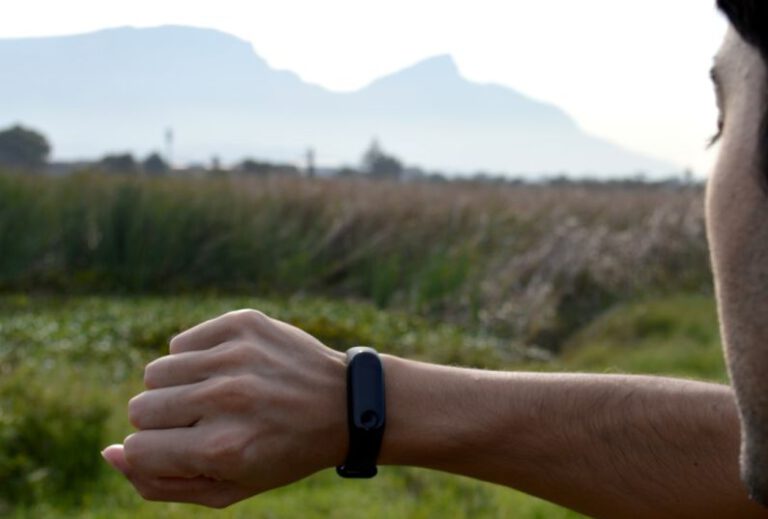Virtual Reality: beyond Entertainment
Virtual reality (VR) technology has made significant strides in recent years, revolutionizing the way we experience entertainment. However, the capabilities of VR extend far beyond just gaming and immersive experiences. From healthcare to education, and even in the workplace, virtual reality is proving to be a transformative tool with a wide range of applications. Let’s delve into the ways in which VR is being utilized beyond entertainment.
Enhancing Healthcare
In the field of healthcare, virtual reality has emerged as a powerful tool for both medical professionals and patients. VR technology is being used for therapeutic purposes, such as in the treatment of mental health conditions like anxiety and PTSD. By creating virtual environments that simulate real-life situations, patients can confront and overcome their fears in a controlled setting.
Additionally, VR is being used for medical training, allowing students and professionals to practice surgical procedures in a realistic virtual environment. This not only enhances learning but also provides a safe space to make mistakes and learn from them without any real-world consequences.
Transforming Education
Virtual reality has the potential to revolutionize education by making learning more engaging and interactive. Students can take virtual field trips to historical landmarks, explore the depths of the ocean, or even travel to outer space, all from the comfort of their classroom. This immersive learning experience not only captures students’ attention but also helps them retain information better.
Furthermore, VR can provide access to educational opportunities that may not be readily available, especially in remote or underserved areas. Students can interact with 3D models, conduct virtual experiments, and collaborate with peers in a virtual space, opening up a world of possibilities for learning.
Empowering the Workplace
In the workplace, virtual reality is being used to enhance training programs and improve productivity. From simulating hazardous work environments for safety training to conducting virtual meetings and collaborations, VR is reshaping the way we work. Companies are leveraging VR technology to onboard new employees, provide hands-on training, and even facilitate remote work.
Moreover, virtual reality can facilitate better communication and collaboration among team members spread across different locations. By creating virtual workspaces where employees can interact in real-time, organizations can foster a sense of connection and teamwork, regardless of physical distance.
Enriching Cultural Experiences
Virtual reality is also being used to preserve and share cultural heritage and experiences. Museums and historical sites are using VR technology to create immersive exhibits that allow visitors to explore ancient civilizations, artworks, and artifacts in a way that traditional displays cannot match. This not only makes cultural heritage more accessible but also helps in its preservation for future generations.
Furthermore, VR can transport users to events and performances that they may not have the opportunity to attend in person. From concerts to art exhibitions, virtual reality is democratizing access to cultural experiences, making them available to a global audience with just a VR headset.
Innovating Social Interactions
Virtual reality is redefining social interactions by creating virtual communities and shared experiences. Social VR platforms allow users to connect with others in a virtual environment, engage in activities together, and even attend virtual events and gatherings. This not only bridges the gap between physical distances but also provides a sense of presence and connection that traditional social media cannot replicate.
Moreover, VR is being used to create empathy-building experiences that enable users to step into someone else’s shoes and see the world from their perspective. By immersing users in the stories and struggles of others, virtual reality has the power to foster understanding, compassion, and empathy on a deeper level.
In Conclusion
Virtual reality has transcended its initial perception as just a tool for entertainment and is now being embraced across various industries for its transformative potential. From healthcare to education, workplace training, cultural experiences, and social interactions, VR is reshaping the way we learn, work, and connect with others. As technology continues to evolve, the possibilities of virtual reality seem limitless, promising a future where immersive experiences are not just a novelty but an integral part of our everyday lives.






